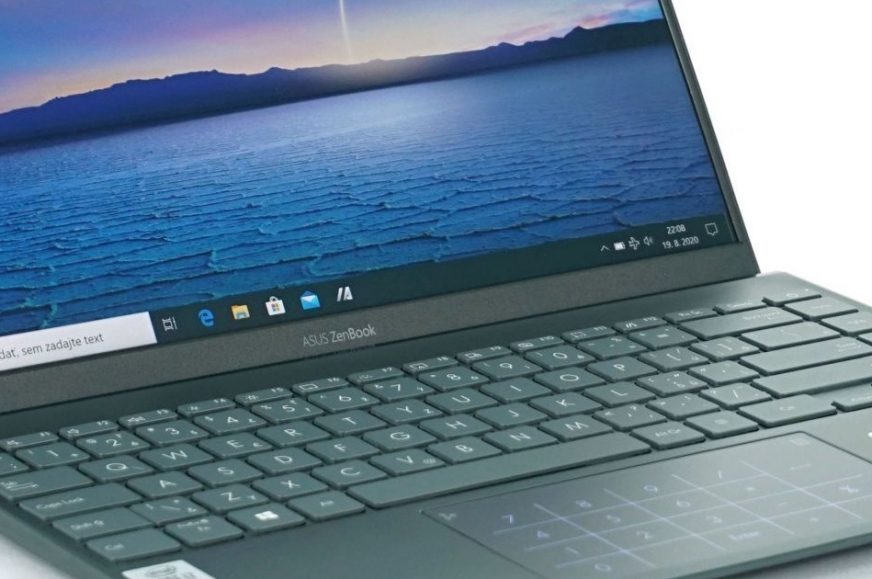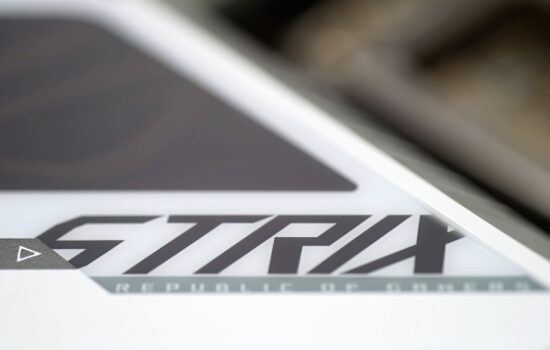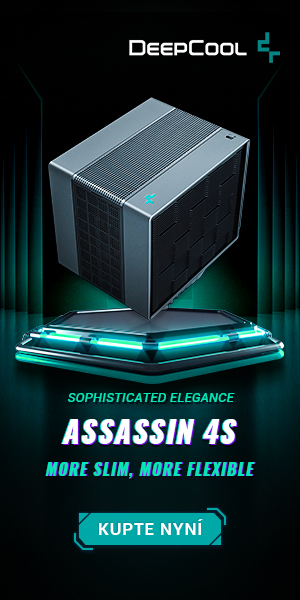Rendering and Geekbench
At the end of June, Asus revealed refreshed ZenBooks, which immediately impressed me with their design, elegance, but also their equipment and compact dimensions. We tested its predecessor, ZenBook 14 UX431F, which looked a bit awkward and didn’t interest me much except for the price. However, the new UX425 is a completely different story. Will it dare to be the title of the best ultrabook with the 10th generation Intel Core we have tested?
Rendering, Geekbench
We have seen Ice Lake i7-1065G7 several times in action. However, we found that the performance depends very much on a particular piece of laptop and its cooling. The ZenBook 14 UX425 is relatively compact and lightweight, which may be an indicator of less efficient cooling. But we will see in a moment. A deeper thought to consider is the performance advantage of the tested version. The UM425 offers the AMD Ryzen 7 4700U, which we saw in the Acer Swift 3 and you will also see it as one of the products being compared. It can therefore be assumed that the AMD version of the ZenBook 14 would have similar results as Acer.
Let’s start traditionally with Cinebench for a first look at raw CPU performance. In R15, the ZenBook surprised with the best single-core performance of the laptops being compared. It is only by 2–3%, but still. As expected, the multi-core is already fully in the hands of the 4700U and the i7-1065G7 is beaten by 350 points. The ZenBook is the second best of the Intel variants, but the XPS with 22% lead is still a surprise. The difference between the i7 is really big, the ZenBook has a 5 to 43% lead over the Swift.
The newer version, R20, also shows a balanced single-core result. This time, however, Renoir in Swift 3 has already surpassed all i7s by a few percent, where we see Lenovo, Dell and the tested Asus in the range of 2%. In multi-core, the Swift 3 with AMD leads and the variance between the i7 can be seen again. In this case, the ZenBook is already 11% behind Lenovo and 35% behind XPS, but holds a 30% lead over Swift 5. We can expect to see similar results in future tests.
Cinebench has indicated that long-term load is a bigger problem for the ZenBook than short-term performance spikes. Blender and POV-Ray practical tests only confirm this. In Blender, the UX425 is even the slowest Ice Lake i7 tested, although only 3 seconds behind the Swift 5. However, it should be noted that this is an average and in this case the difference between the two results was significant, more than a minute and a half. Ryzen shows its strength in this test, and the Swift 3 render took only half the time as the ZenBook.
The situation is similar in POV-Ray, but as it is not such a long test, ZenBook did much better in it. It loses only by 11% to Yoga and 43% to XPS, but has a 50% lead over Swift 5. So again it approached Yoga and XPS and distanced from Swift unlike in Blender. Acer with Renoir AMD is again playing another league with half the time against Asus. This is exactly why I would consider the AMD ZenBook 14 labeled the UM425.
Geekbench tests are shorter than Blender and POV-Ray ones, so ZenBook can be expected to give better results. This assumption was fulfilled and in all versions, i.e., 3, 4 and 5, it achieved the best score in single-core. The comparison with the competition in single core is as follows: XPS 2/4/2, Yoga 7/6/6, Swift 5 16/30/51 and AMD Swift 3 4/16/10%. In all single-core tests, the UX425 beats the competition with Intel, but also with AMD. Multi-core, as previous tests have shown, is not the strongest point of the novelty. It beats the Acer Swift 5 with the same processor by 44/69/84 and also the Yoga by 12/9/9%. It no longer defeats XPS, where it loses -5/0/-5%. The AMD Renoir version of the Swift 3 is dominant in the multi-core, which is also confirmed by the results and thus the ZenBook lost by -44/-7/-15.
Iris Plus graphics performance should be similar to other Intel laptops. In practice, the ZenBook is 7–9% slower than Lenovo and Dell. On the MX250 in Swift 5 it loses 19% and Vega in 4700U in Swift 3 has up to 20% lead. The UX425 only beats the Swift 5 with the same integrated GPU by 4%. The newer version of Compute in GB5 reduced the difference from Lenovo and Dell to 4–5% and Renoir Swift 3 to 19%. On the contrary, Swift 5 with the same processor already loses 42% and 3% when using the MX250.
- Contents
- Parameters and details
- Testing methodology
- Display tests
- Rendering and Geekbench
- 3D/PCMark and Unigine Heaven/Superposition
- Gaming tests – integrated graphics
- Encryption, encoding
- Memory and disk tests
- Heating and battery life
- Analysis of clock speed, power draw and temperatures
- Utility app
- Rating











